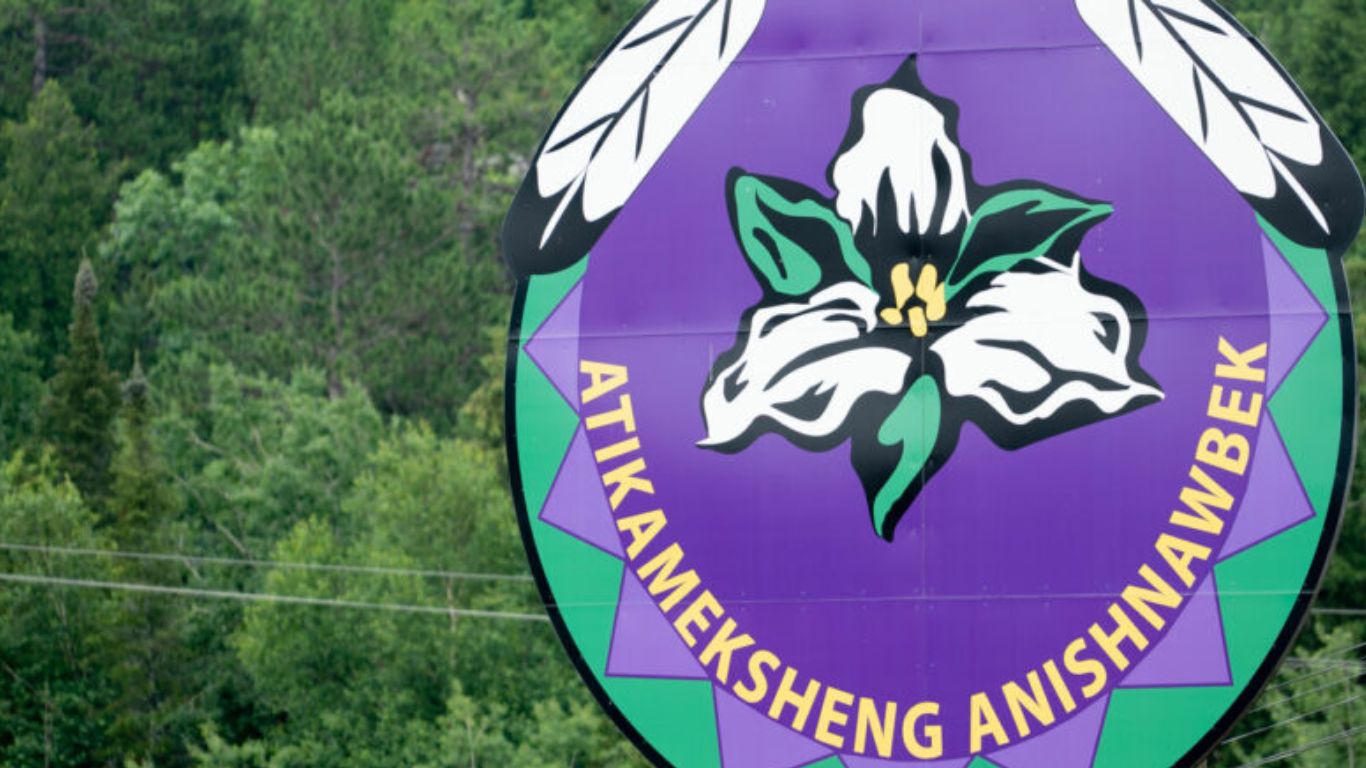
The Ontario NDP’s Opposition Spokesperson on Health is asking the provincial government to respond to a First Nations government request to enter into negotiations with the provincial government regarding the operation of a retail cannabis store.
The comments came during the debate of Bill 223, the Safer Streets, Stronger Communities Act, 2024, which includes a potential ban on the advertisement and promotion of cannabis that is sold unlawfully. France Gélinas, the NDP MPP for the riding of Nickel Belt, read the letter from the government of Atikameksheng Anishnawbek, formerly known as the Whitefish Lake First Nation, an Ojibway First Nation in northern Ontario. Gélinas is also the Vice Chair of the Standing Committee on Social Policy and a member of the Standing Committee on Public Accounts.
The MPP says Atikameksheng Anishnawbek is waiting on a response to a letter signed by the chief and sent to Ontario’s Ministry of the Attorney General. The MPP’s comments also state that she suspects that the proposed legislation that amends the provincial Cannabis Control Act to ban the advertisement and promotion of cannabis that is sold unlawfully is intended to target First Nations.
“When a First Nation takes the time—and this is signed by the chief, and copied to me and to everybody else—please make sure that you treat them with respect and that you answer their letter, so that they can be partners with the provincial government and not have the Cannabis Control Act and schedule 1 go after First Nations communities.”
However, Ontario Attorney General Doug Downey responded to Gélinas’ comments, assuring her that the section of the bill that references the advertising and promotion of illicit cannabis is not intended to target First Nations.
“We are providing another tool for police to go after those who are online, marketing and advertising illegal cannabis,” said Downy, directing his comments to the Speaker of the House.
“I did listen to my colleague from Nickel Belt and concerns around First Nations. This is not a tool focused on First Nations. This is a tool focused on the bad actors in the online space, because it is a little bit of Whac-A-Mole, where they sometimes put up a site and then switch over to another site, and the public is not protected in that unregulated market. So this is a tool for the police to go after them with provincial measures, in addition to the existing tools that are there federally, the Criminal Code and otherwise. We want to go after the advertising and promotion of the sale of illegal cannabis as part of our plan to go after the black market, protecting our communities and looking after our children.
“I don’t think anybody thinks that we should be ignoring the illegal cannabis market and the bad actors behind it, and I would look forward to my colleagues across the way supporting us on this piece and others.”
The comments were made during the second reading debate of Bill 223 on November 19. The letter from Atikameksheng Anishnawbek, as shared by MPP Gélinas, reads:
“Please accept this letter as our formal request to enter into negotiations regarding the operation of a retail cannabis store in Atikameksheng Anishnawbek.
“As a First Nation, it is important to us that we regulate and control businesses that operate on Atikameksheng lands. To that end, we would always reserve the right to control and administratively run those businesses to protect the interests of members of our community.
“It is necessary to point out that we reserve the right to license, as a governing body, those who wish to conduct all businesses, including distribution of cannabis.
“As such, formal approval from the provincial government is not a requirement for us to proceed with this process. Having said that, it is in everyone’s interest that we strive to harmonize rules and regulations between Atikameksheng, its citizens, and the policies and procedures set out by the provincial government.
“It would only be in matters where our interests may diverge that Atikameksheng would seek an independent path. At this stage, we do not foresee such a divergence.
“It is important for us to move forward expeditiously as we wish to ensure that the sale and distribution of cannabis within Atikameksheng lands is properly regulated so as to prevent third-party black market enterprises from establishment (sic) in our community.
“As we move forward, we are open to discussions with you to harmonize our processes and policies with those of the provincial government.
“We welcome your suggestions as to how we might best achieve the intended harmonization.”
The Atikameksheng Anishnawbek Cannabis Vending Bylaw 2018 banned the sale of cannabis in the community. In 2023, the community voted in favour of its proposed 2023 Cannabis Control Law. The law authorized and directed the Gimaa (Chief) & Council of the First Nation to make any changes as necessary to the Atikameksheng Anishnawbek Cannabis Control Law.
In 2021, members of the Anishinabek Police Service carried out a raid on an unauthorized cannabis store, with two charged with possession for the purposes of distributing and selling cannabis and the store’s cannabis seized by police. According to a media report, the store quickly reopened.
Representatives from Atikameksheng Anishnawbek were not immediately available for comment.
The 2023-2024 Atikameksheng Anishnawbek Annual Report refers to the completion and implementation of the community’s Cannabis Control Commission.
Featured image via atikamekshenganishnawbek.ca

